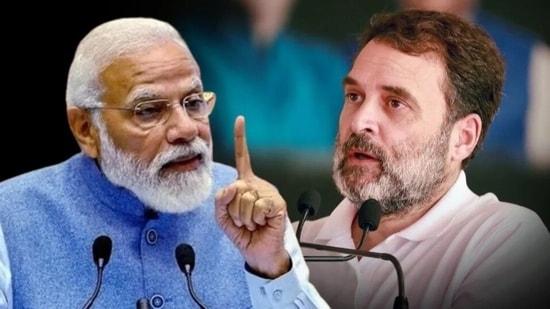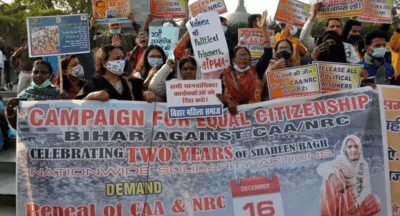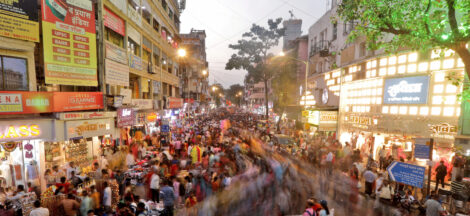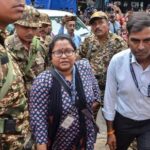Prime Minister Narendra Modi expressed strong disapproval of Rahul Gandhi’s comments on caste during his US tour, alleging that the Congress leader had insulted tribal communities and OBCs. The dispute intensified when Gandhi’s remarks were portrayed as a broader challenge to the nation’s socio-political fabric. Modi emphasized that Gandhi’s words, which advocated for a caste census, had marginalized vulnerable groups. This development, occurring alongside heated parliamentary debates, highlights a deepening rift between the Bharatiya Janata Party (BJP) and Congress on caste politics.
During his US engagements, Gandhi stressed the need for a caste-based census, promoting a message of inclusivity and transparency. His stance was met with fierce opposition from the BJP, with Modi suggesting that Gandhi’s rhetoric was divisive. Modi’s criticism linked Gandhi’s statement to an overarching narrative of elitism, which, according to the prime minister, neglects the voices of marginalized communities.
Gandhi’s call for a caste census stems from his long-standing advocacy for social justice, aiming to address economic disparities. However, Modi argued that such moves could fuel social fragmentation rather than unity. The prime minister accused Gandhi of utilizing caste politics for electoral gains, claiming that the Congress leader was out of touch with the struggles of ordinary citizens.
This is not the first time caste has been at the center of political friction between the two leaders. The BJP has historically positioned itself as a champion of OBCs and tribal communities, while Congress has sought to consolidate support among various minority groups, including the lower castes. Gandhi’s comments have reignited the ongoing debate over caste-based policies, drawing sharp lines between the BJP’s emphasis on development and Congress’s focus on affirmative action.
The controversy took a parliamentary turn when Modi criticized Gandhi directly, claiming that the Congress leader’s position lacked empathy for vulnerable communities. Modi’s remarks were echoed by other senior BJP figures, who rallied against what they saw as Congress’s “caste-driven agenda.” On the other hand, Congress responded by accusing the BJP of sidelining crucial issues such as economic inequality and caste-based oppression, which they argue a census would help address.
Both leaders’ exchanges have further polarized an already heated political atmosphere. Gandhi’s message of inclusion contrasts with the BJP’s argument that caste-based census policies undermine national unity by overemphasizing caste identities. The BJP has argued that a focus on development and poverty alleviation, rather than caste-based metrics, should be the priority.
As the debate unfolds, the political implications are significant. Gandhi’s advocacy for a caste census may resonate with segments of the electorate that feel underrepresented, while the BJP’s narrative appeals to those wary of caste-based divisions. Both parties are positioning themselves ahead of crucial elections, with caste politics expected to play a key role.
This clash reflects broader challenges facing Indian politics, where caste remains a potent issue. The debate has extended beyond the confines of party lines, igniting broader conversations about social justice, economic equity, and national identity. Whether Gandhi’s call for a caste census will gain traction remains to be seen, but it is clear that caste politics will continue to shape the discourse leading up to the upcoming elections.




 CBI Arrests Former RG Kar Principal, Cop in Cover-Up Bid
CBI Arrests Former RG Kar Principal, Cop in Cover-Up Bid 